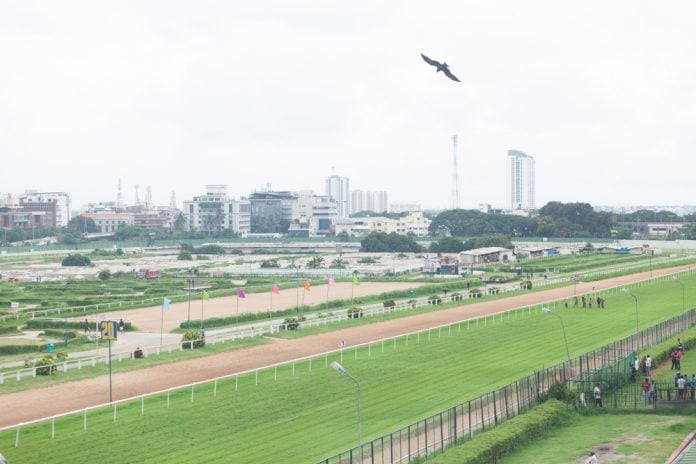It has been well publicised that the UK’s horse racing industry has been hard hit by the COVID-19 pandemic, but in India, this hasn’t been the case, as the outbreak seems to have had the reverse effect on the sport in the country.
Speaking at the SBC Digital – India conference, a Sportradar-sponsored panel titled ‘Horseracing – leading the way to regulation’, speakers discussed the future prospects for India’s burgeoning horse racing sector, highlighting how COVID-19 has led to a surge of interest in the previously niche sport.
India has seven race tracks spread across the country, and according to Jaydeep Chakravarty, Vice President – Commercials at Markor Technology, the sport was ‘was always restricted to a certain group’, as ‘only people with very strong interest in horse racing would get involved’.
However, he argued: “COVID-19 basically changed the game for horse racing in India I feel,” said Chakravartty. “Because there has always been a gradual progression from being offline to online, every industry is moving from offline to online in a very slow and gradual manner. COVID-19 – that’s a very big development that has taken place in India.”
Suresh Paladugu, Director at North Alley, agreed that the coronavirus crisis has transformed Indian horse racing, explaining: “Talking about modernisation, as Jaydeep has rightly said, COVID has expedited what probably would have happened, two or three years down the line.
“But right now we are in a position where systems are all unified to certain extent, and we are in six of the seven race clubs in terms of technology standpoint, and working with other one as well.”
Sports lawyer Vidushpat Singhania concurred, summarising: “Earlier,, horse racing and betting on horse racing was restricted to the race club, and the elite of a society who either own the race clubs or were members, whilst the analysis has now been that the outreach of online betting on horse racing amongst the various common people in the country, especially people who may not have attended the races.”
Additionally, the speakers discussed India’s potential as a betting market, particularly due to the country’s large population.
“Take as an example Calcutta, where I am presently, and just to give you an idea, although horse racing is restricted, or pending on horse racing, it is restricted only inside the turf club, the state alone has 100 million plus population,” said Chakravarty.
“So there is definitely a market for that kind of a product. Like I said earlier, it was always restricted to a certain group, you can say only people with very strong interest in horse racing would get involved.
“Now, by making this online, even if it means it’s online within the boundaries of Bengal, there is a 100 million population. I think that opens up the possibility of reaching out to a wider audience.”
Paladugu added: “To address what Jaydeep mentioned with the population that we have right now, each state is a country by itself. So, the population that we have, and the opportunity of the clubs, what they see.
“Definitely the motivation of joining hands and joining is probably not as much as it would be if it is not the case of population and the region, market size is definitely big.”
The panel also discussed the challenges posed to India’s horse racing industry, Chakravarty noted: “We have 1.4 billion people, so we have 1.4 billion opportunities and we have 1.4 billion problems.”
The ongoing threat of fraud in particular was highlighted, with Chakravarty saying: “One thing that we all know that there is fraud in any event that takes place, there is fraud in sports, and there is fraud in cricket also, with obviously match fixing, spot fixing and all that came out.
“We all know there is fraud or cheating that takes place in horse racing also. There is no exception that in India also there is cheating that takes place now. Countries like the UK and Ireland have gone to a great extent to minimise the effect of cheating or fraud in horse racing.”
Singhania also offered his opinion on fraud, arguing that some players in the Indian betting market are not well equipped to deal with fraud risks.
“I think the challenge that is coming in online, I don’t think they are geared from what I understand,” he added.
“They are not geared up to tackle online, and the nuances of checking these frauds, spotting frauds or also betting fraud.
“You also have a system of anti doping also in place, which is also tested and there also there are injections given to horses and jockeys may also be engaged inside insider trading as what you’re trying to say.”























